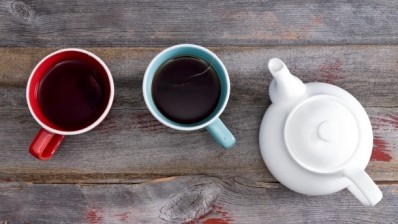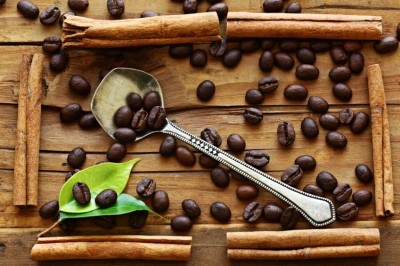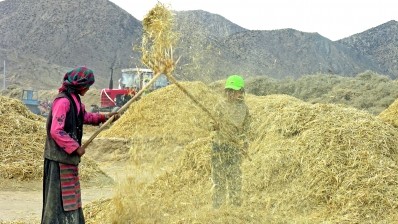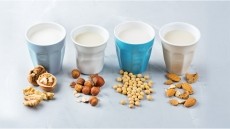Australia
Queensland team closing in on caffeine-free coffee plant development

The results of the study should offer the 12% of coffee drinkers who choose decaf access to a pure, less-processed product with all the full-bodied flavour of the real thing, said Professor Robert Henry, who is conducting the research as part of an international effort to analyse the coffee genome.
“It should soon be possible to select and grow coffee with a pre-determined level of caffeine—ranging from zero-caf to jumpstart,” Prof. Henry said. “Helping Queensland producers to grow export-quality coffee destined for high-value niche markets is our ultimate goal.”
Prof. Henry, who has contributed much of the DNA sequence data used in assembling the coffee genome, added that sequencing work on the Coffea canephora coffee plant confirmed that caffeine had developed independently in various plants.
“Coffee, cacao, which is the source of cocoa and chocolate, and tea appear to share an ability to produce caffeine in their leaves, shoots or stems,” he explained.
“Although such plants are not closely related, they all synthesise caffeine. It seems that during their evolution, each plant independently developed the ability to make caffeine.”
Prof. Henry, whose research takes place at the Queensland Alliance for Agriculture and Food Innovation (Qaafi), believes that caffeine offers plants several advantages, including insecticidal properties and an inhibitory function that prevents seed germination in competing species.
“Our new understanding of the evolutionary origins of caffeine is destined to give us the high-precision tools we need to regulate how caffeine is expressed in a single bean.”
Qaafi, which looks at scientific methods to add value to Queensland produce, is also working with flavour scientists and industry partners to unpick the genomic component of premium coffee.
Australia produces a small fraction of the 7.8m tonne global coffee market, exporting less than 1,000 tonnes a year, but Prof. Henry believes this could change.
“Potentially, Queensland could develop a multi-million-dollar market for high-quality, premium coffees, ranging from full strength to decaffeinated,” he said.
His colleague, flavour scientist Dr Heather Smyth, said traditional methods of minimising caffeine often led to flavour loss.
“Understanding the origin of caffeine in coffee means that potentially we can develop varieties with low or no caffeine,” she said.
“If the decaffeinating process could be avoided, the beans would retain the full coffee flavour.”


















